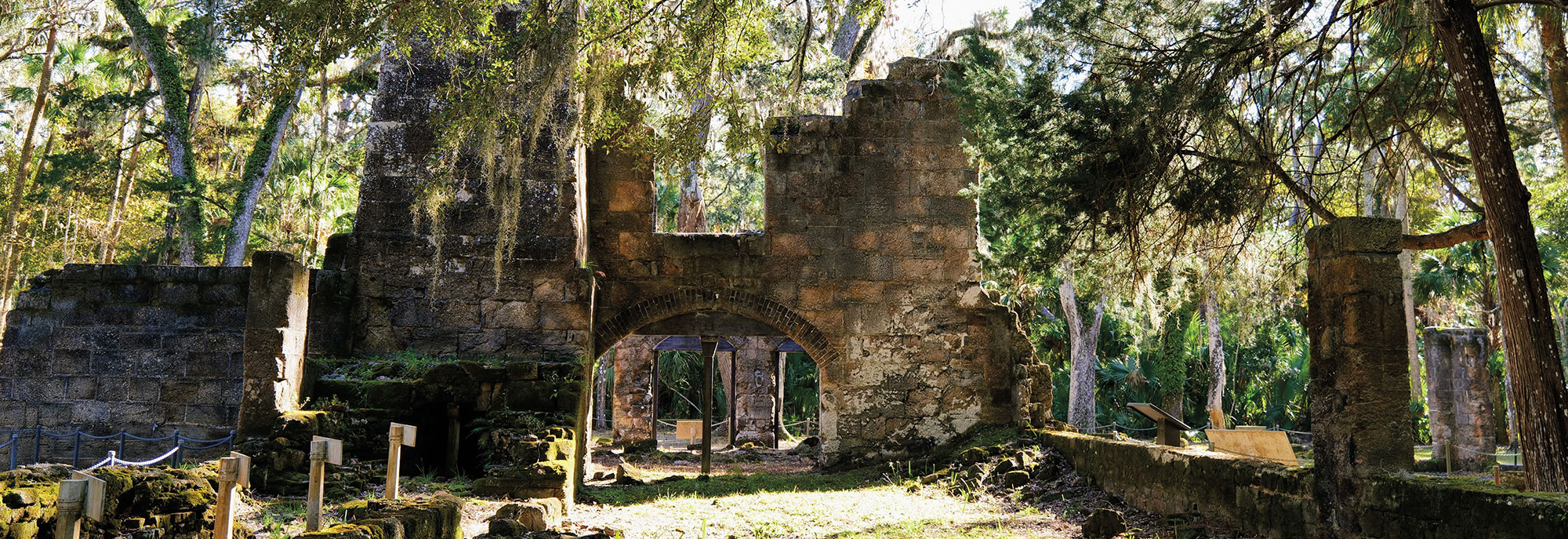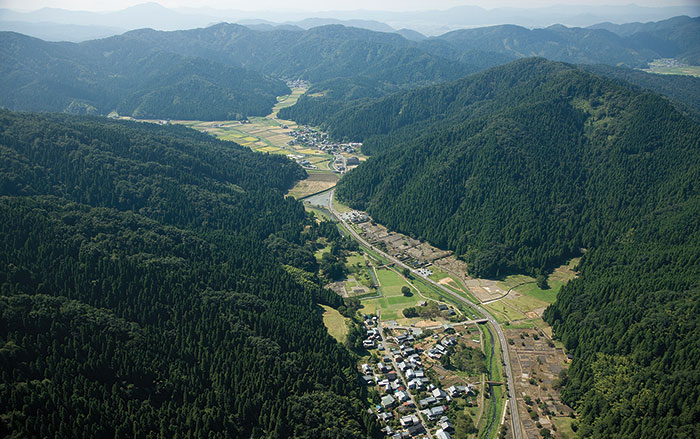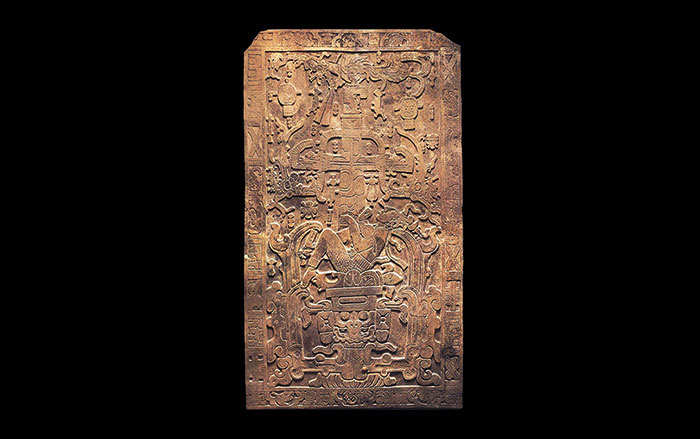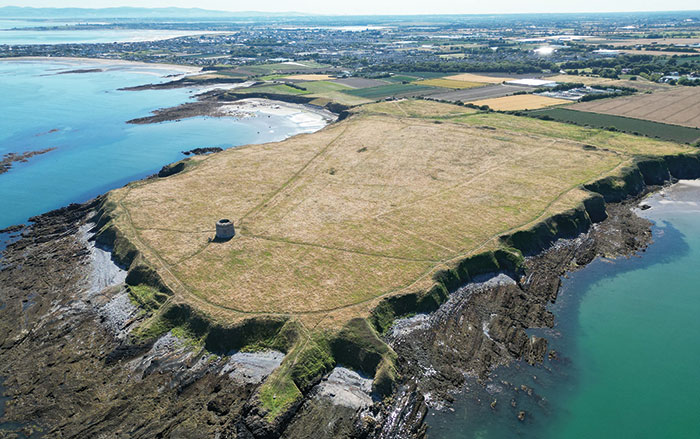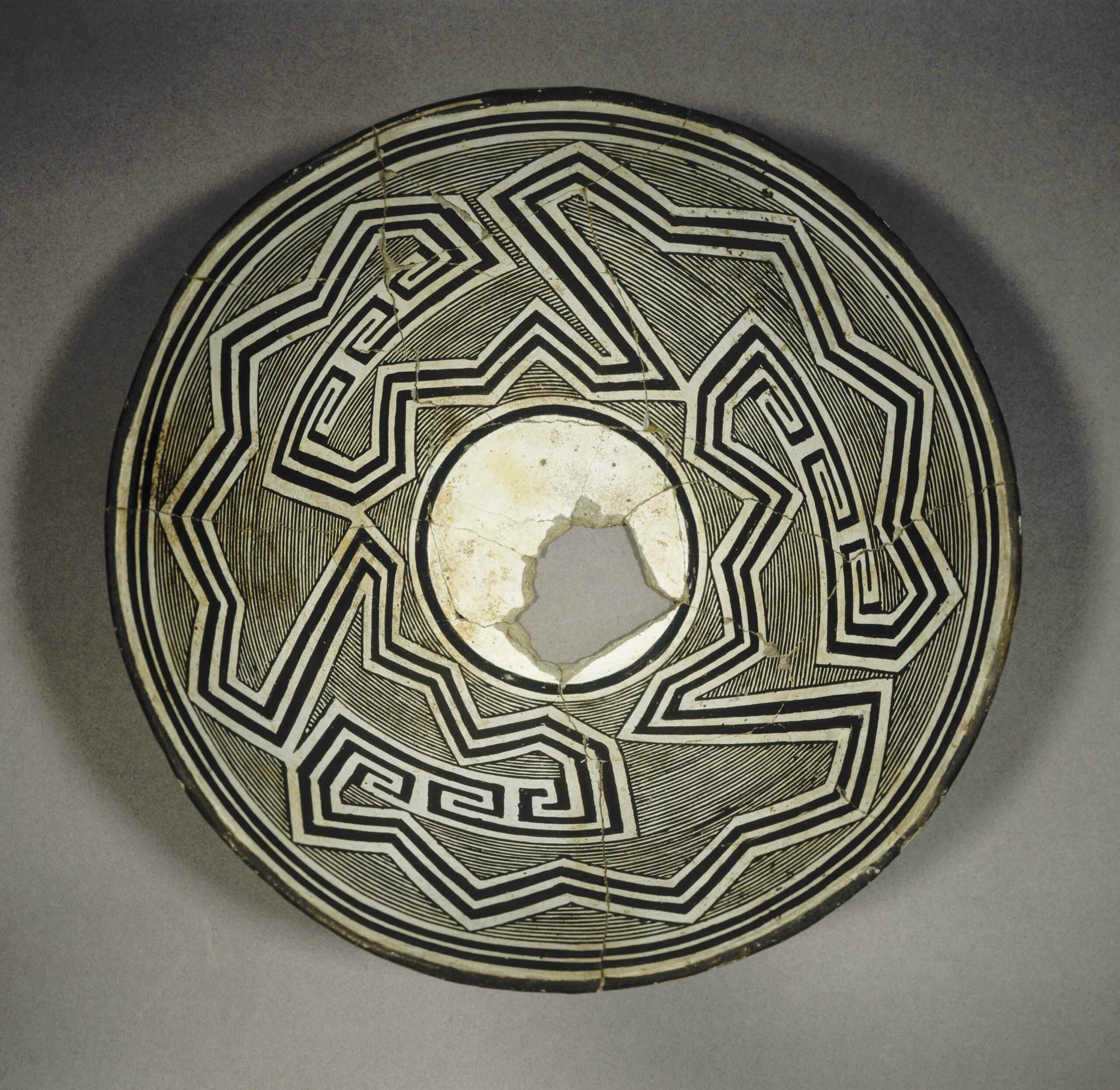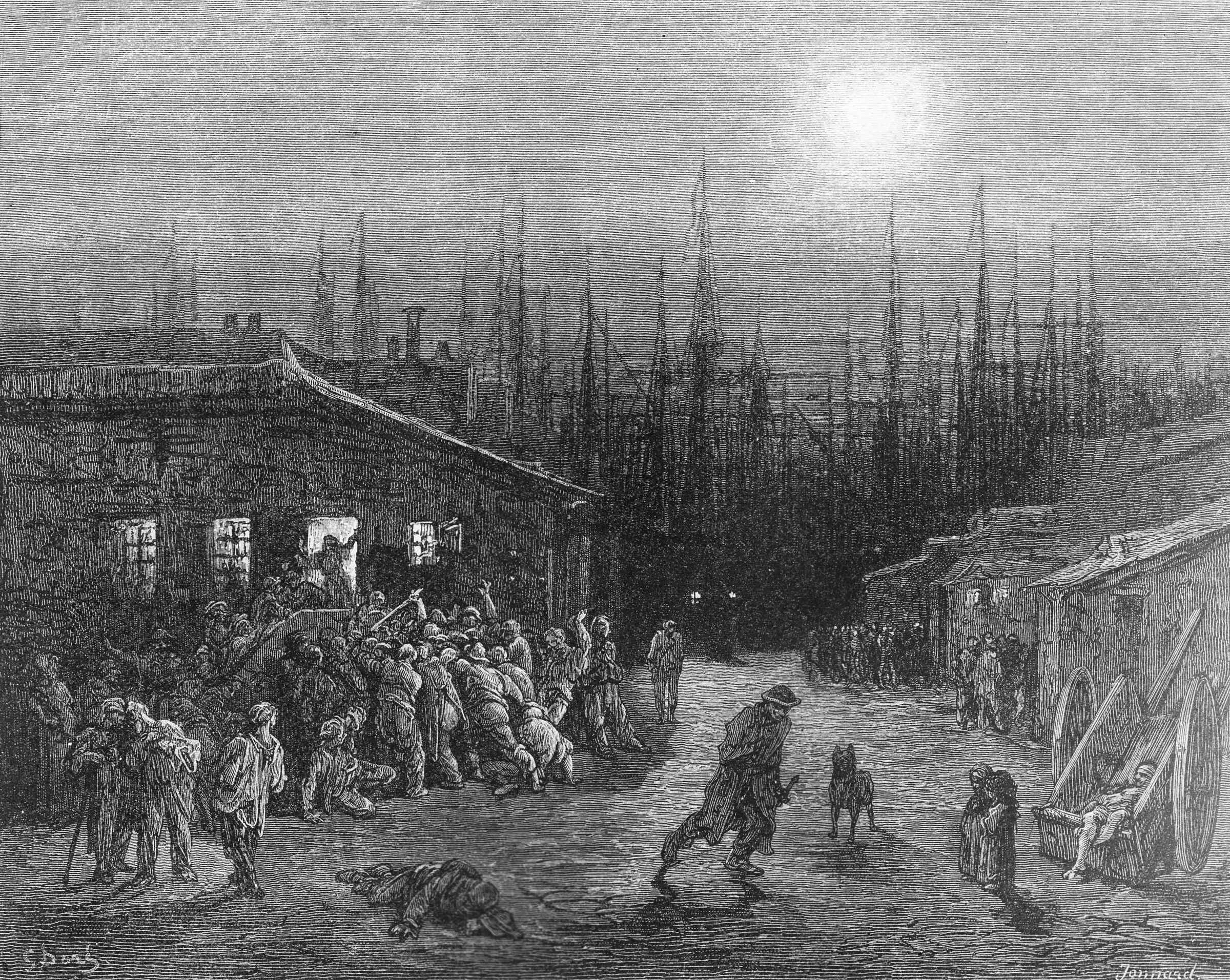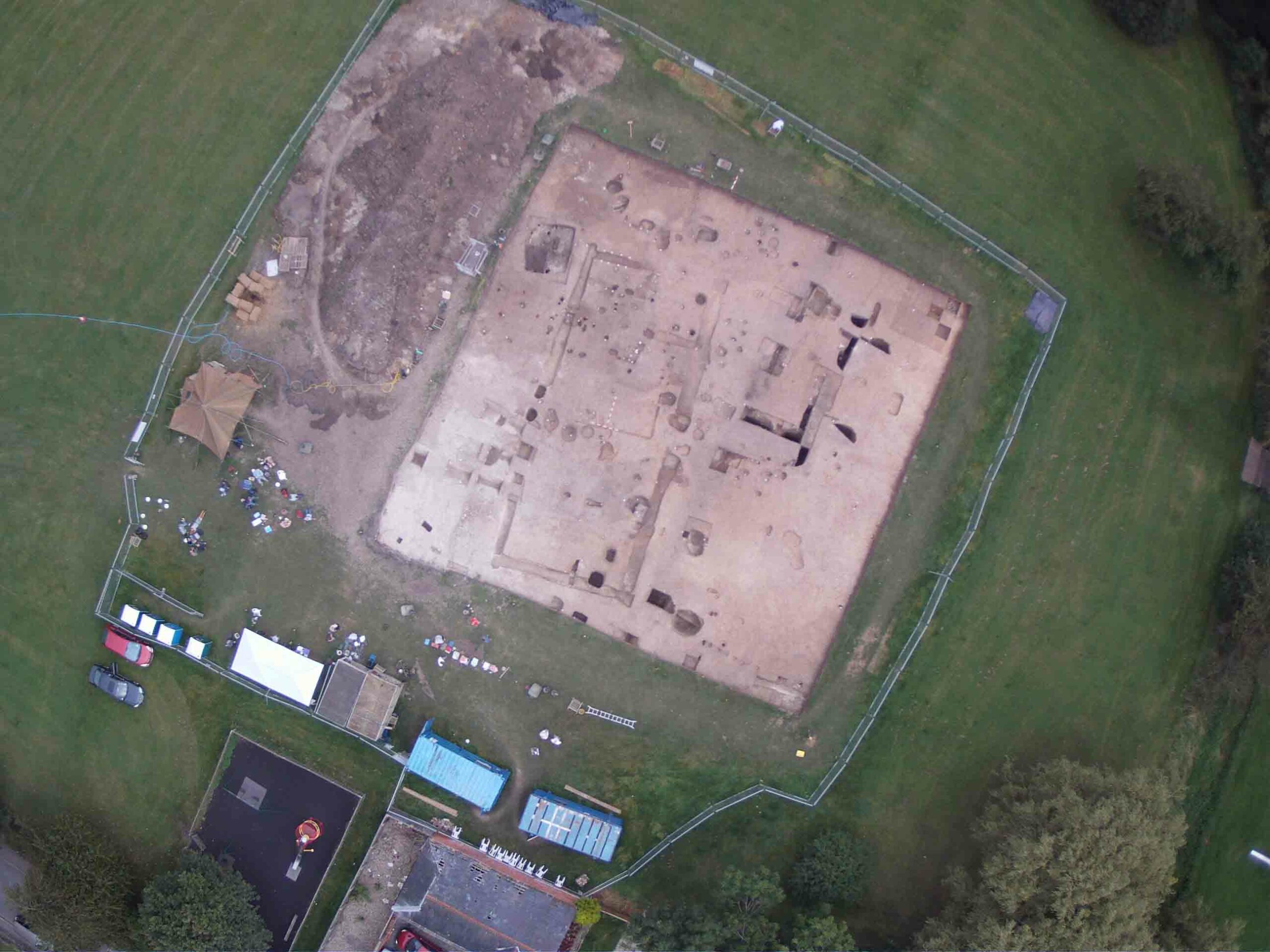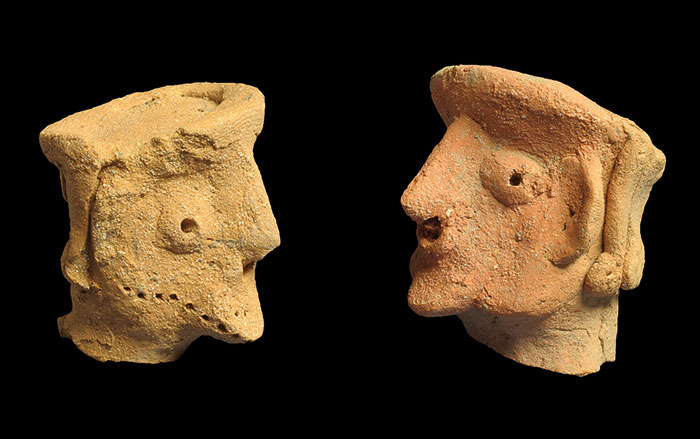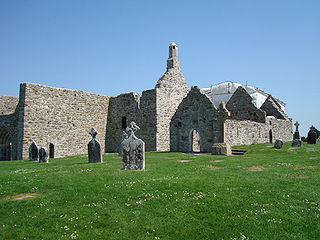
CAMBRIDGE, MASSACHUSETTS—Ancient Irish texts have helped an international team of researchers coordinate the effects of volcanoes on cold weather. Irish monks recorded feast days, obituaries, solar and lunar eclipses, and descriptions of extreme weather. By comparing the monks’ data, recorded from A.D. 431 to 1649, with ice core data collected by the Greenland Ice Sheet Project, the scientists were able to determine that of the 48 volcanic events recorded in the ice cores, 38 of them resulted in cold weather extremes recorded by the monks. “These eruptions occur and they override existing climate patterns for a period of two or three years. And it is clear from the sources that they cause a lot of devastation among societies at the time—whether it was the mass mortality of domestic animals or humans, or indirectly by causing harvest failure,” said Francis Ludlow of Harvard University.


